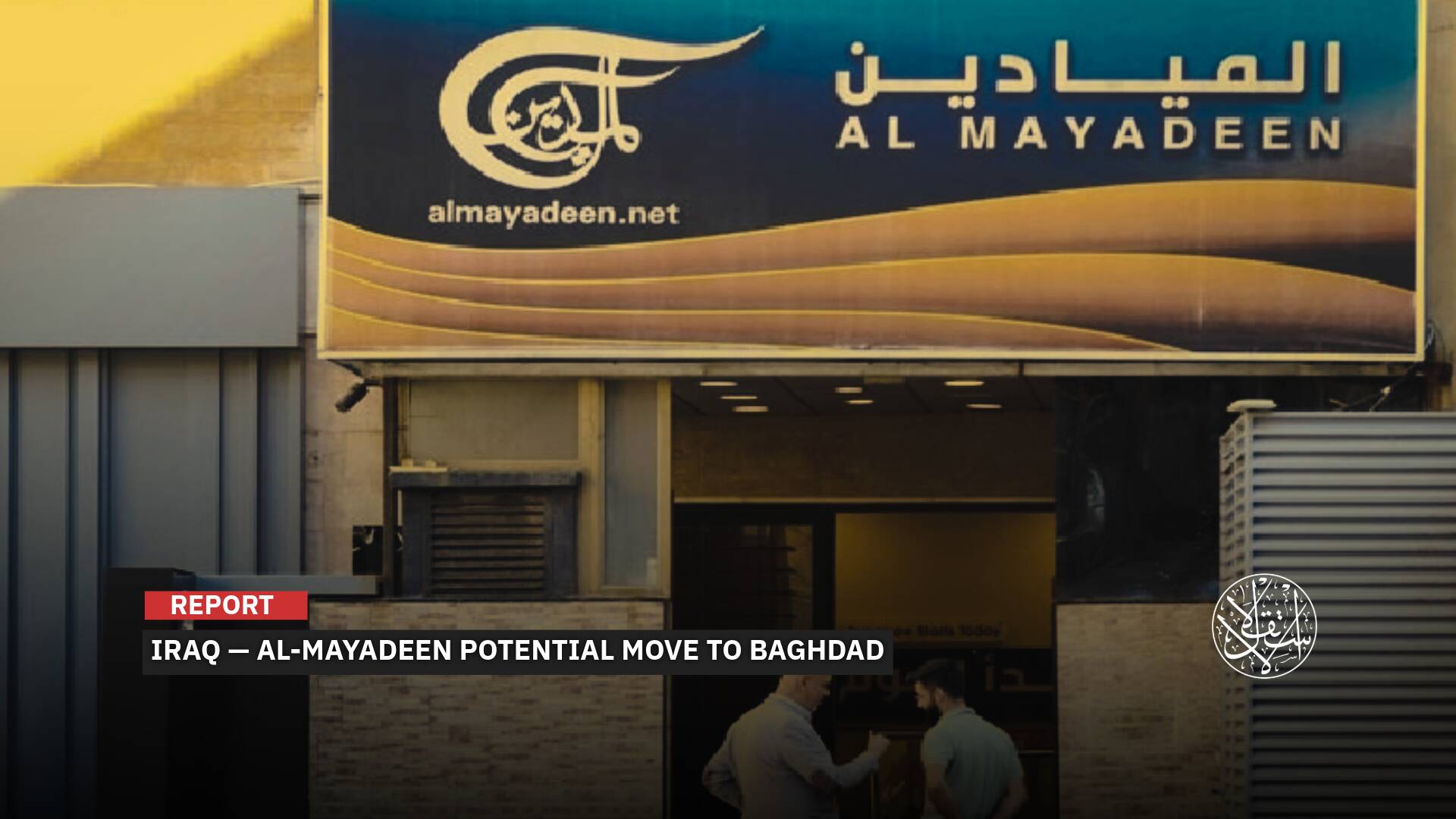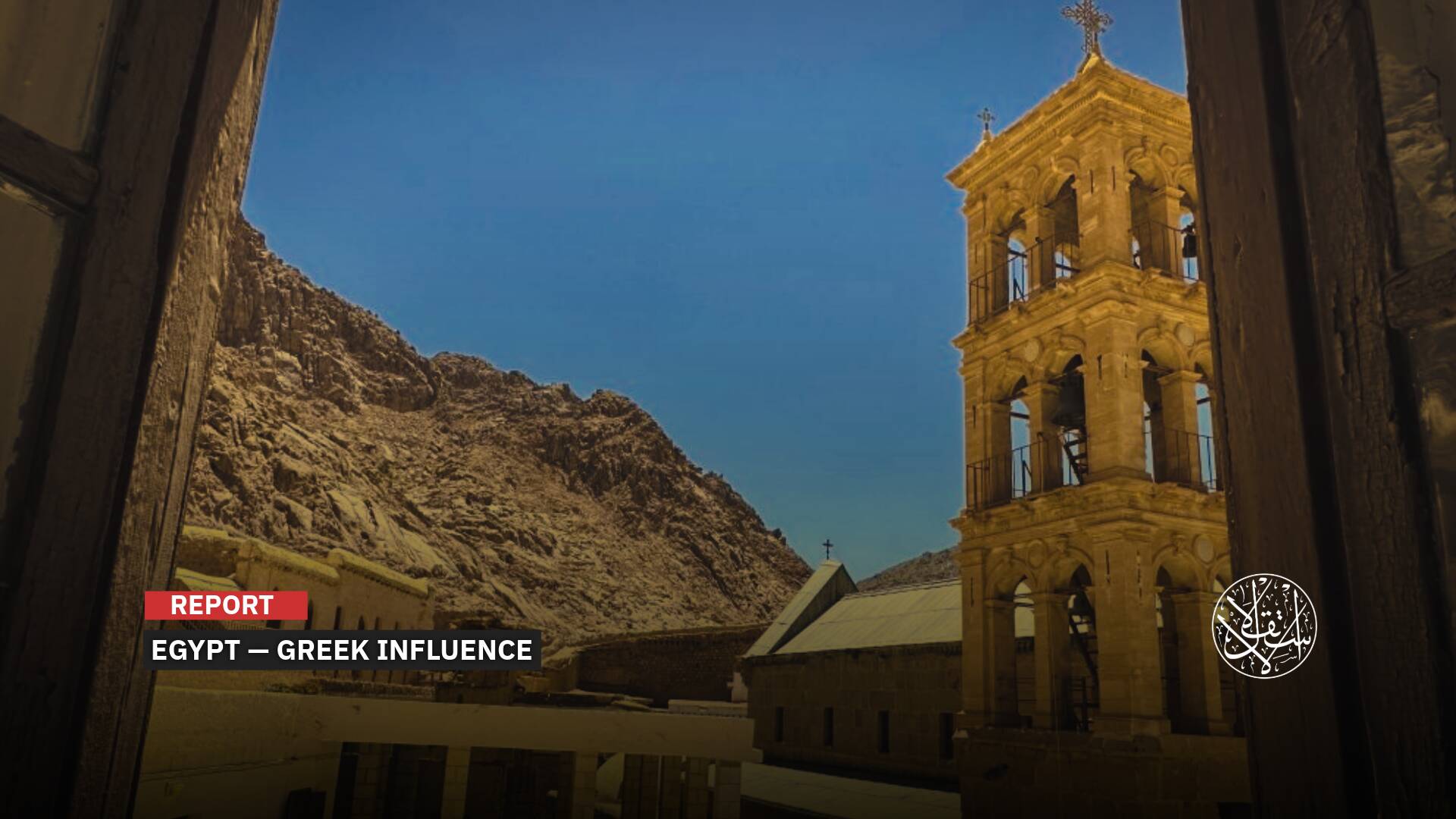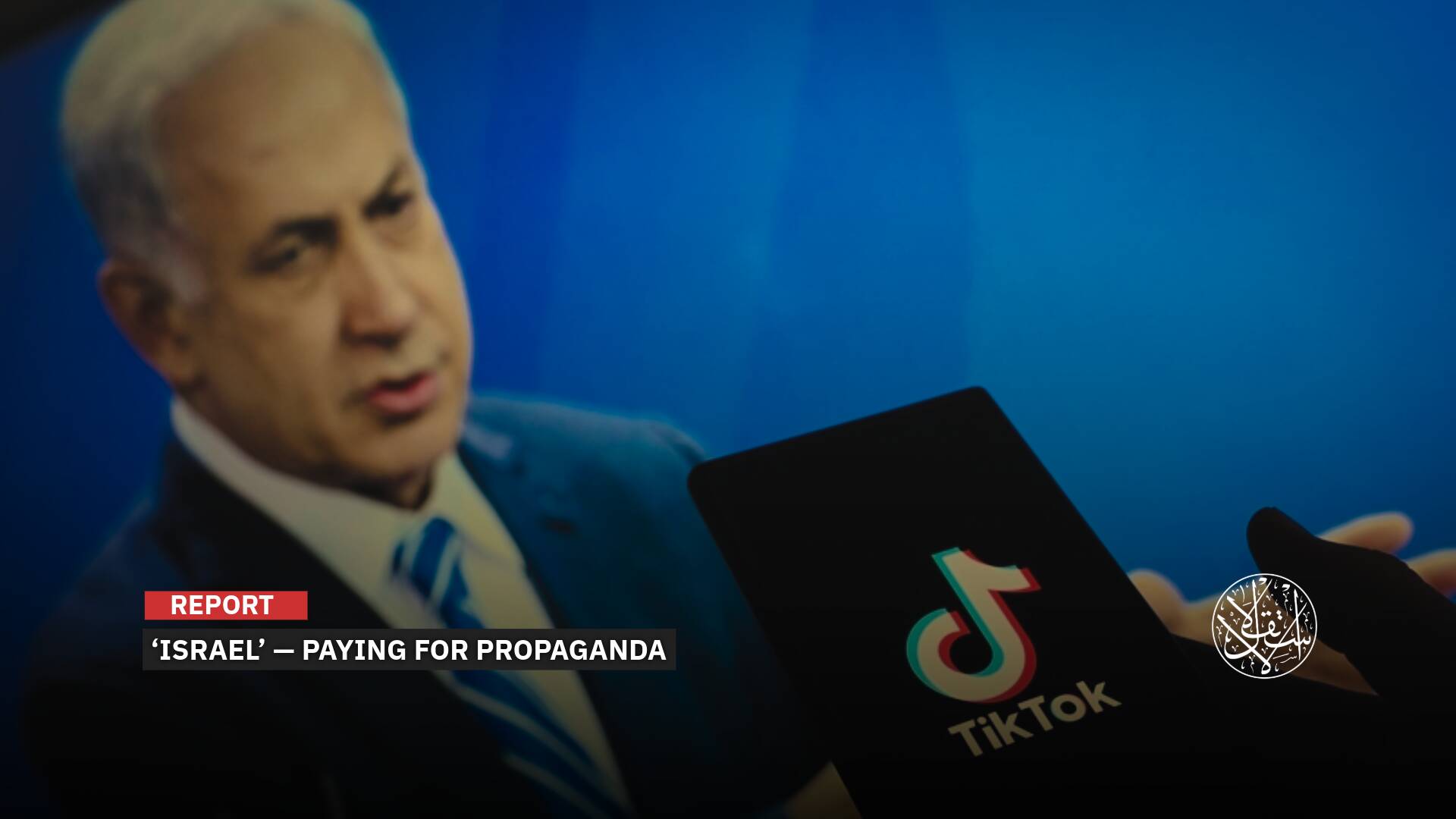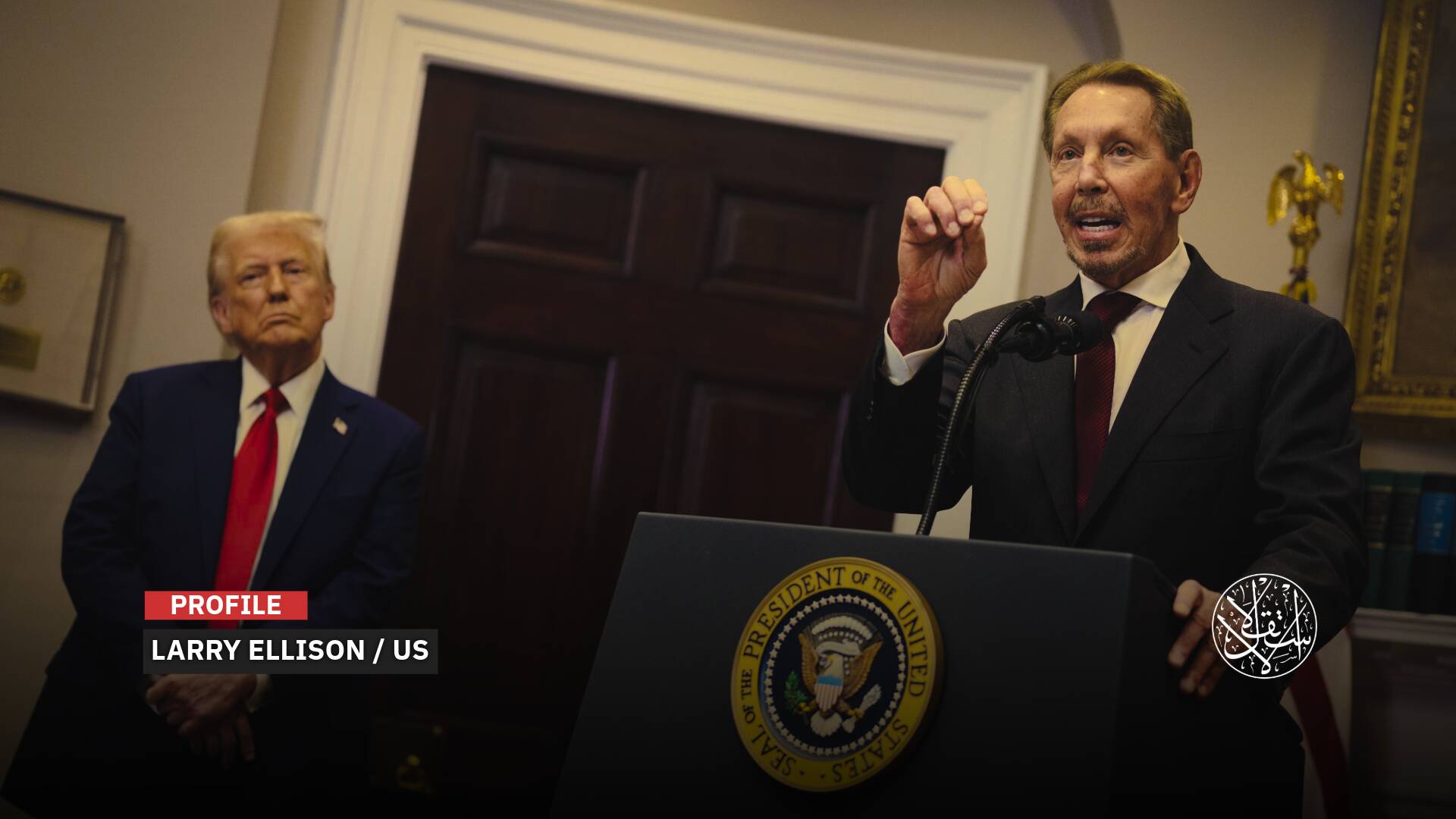How is the Egyptian Pound Collapsing With No Way Out?

On August 10, Bloomberg published a report titled: "Only Way Is Down for Egypt's Pound, and Question Is How Much."
The report begins by saying that Egypt certainly has few options besides allowing its currency to continue weakening because the largest banks in the world claim that it is too expensive.
Egypt's administration is trying to secure a new loan from the International Monetary Fund, and a more flexible pound has become a problem. As determined by its real effective exchange rate, Deutsche Bank AG and Goldman Sachs Group Inc. believe the currency is around 10% overvalued, while Citigroup Inc. has a lower estimate of 5%.
Despite a devaluation of more than 15% in March, urgency is growing for the $400 billion economy. Since then, the dollar's increase in value has put pressure on other developing-nation currencies and those of its trading partners, while energy and food shocks from Russia's invasion of Ukraine strained Egypt's finances.
According to Bloomberg Economics, the pound has to fall by around 23% in order to aid in the economy's adjustment and close Egypt's financial shortfall.
Even after Egypt's currency experienced 11 weeks of losses in the offshore market, its worst run in nearly a decade, derivatives traders are still pricing in further reductions. On Wednesday, the three-month contract for non-deliverable futures was trading at roughly 21 dollars, or 9% less than the offshore spot pricing.

IMF Aid
Ziad Daoud, the head economist for emerging markets, states that policymakers "could be concerned about the side consequences of devaluation, such as growing inflation when it's already in double digits, and the danger of civil upheaval. Egypt's currency may end up falling, but not by the amount required for the economy.
In March, after receiving guarantees of more than $22 billion in deposits and investments from Saudi Arabia, the United Arab Emirates, and Qatar, Egypt resorted to the IMF for more support.
The central bank's net overseas reserves dropped to $33.14 billion in July, the lowest level since June 2017, as a result of an increasing burden on Egypt's economy.
The pound has gotten closer to its record low from 2016 due to speculation that the IMF would require more flexibility in the currency as one of the requirements for a fresh package.
The IMF appears to have stiffer lending requirements across most illiquid markets, so the amount of the residual overvaluation "should displease the IMF," Citigroup analysts, including Lydia Rangapanaiken, said in a note.
Given the drop in net foreign assets, they said that "investors have repeatedly priced additional devaluation."
Favorite No More?
It represents a turn of events for the formerly beloved emerging-market investors.
In 2016, the government committed to actions that strengthened its appeal to international investors by accepting a $12 billion IMF program and devaluing the currency.
Foreign investors had poured billions of dollars into Egypt's debt market due to the country's high-interest rates, stable pound, and history of market-friendly actions.
But as central banks around the world tighten monetary policy, pricing pressures have already driven the country's inflation-adjusted rates below zero.
The government said in May that since the start of this year, foreign investors had removed about $20 billion from the local debt market.

Greatest forecasters were shocked when Egypt's central bank kept its benchmark steady in June after increasing it by the most in nearly a decade the month before.
According to Bloomberg indices, the country's local bonds have lost 2.2% this month, making them the poorest performer in developing markets. With the bond auction results being disappointing, foreign demand has yet to resume.
According to research by Anna Friedmann and Christian Wietoska of Deutsche Bank Research, "a continuation of the tightening cycle would contribute to restoring investor interest in local markets and might reduce some of the exchange-rate pressures."
"We expect further currency weakness but expect to see more gradual depreciation instead of another sharp devaluation."
No Future
Egyptian economist Ashraf Dawaba wrote an article in which he said: "Wasn't this government that sang about the $5.2 billion 'credit readiness agreement' loan to Egypt from the IMF?"
"At the time, Egypt declared that it would maintain Egypt's macroeconomic stability, prioritizing the protection of necessary social and health spending, avoiding worsening public debt, establishing inflation expectations and protecting financial stability while maintaining a flexible exchange rate, and implementing fundamental structural reforms to enhance transparency, governance, and competition. Have the objectives of this loan been achieved?!" he asked.
The IMF that has embraced these goals is the same one that has called on the Egyptian government since the days of the Egyptian government to take decisive steps on fiscal and structural reforms, stressing that Egypt remains vulnerable to external shocks due to its high debt burden and large overall financing requirements, according to Dawaba.
"The IMF said that deeper structural reforms are needed to enhance the competitiveness of the economy, improve governance, and strengthen its resilience to shocks," he added.
"The promise of the Fund and those who walked in its path is no different from the promise of Satan; it promises everything and disavows everything. What the government sang with the Fund of promises of a promising economy for Egypt was only a mirage on the ground, and the government is still walking intentionally or unintentionally," he noted.
The consequences of the debt, as well as the Fund's requirements for the re-floating of the Egyptian pound, will lead to a consequent loss of economic sovereignty, which is what the government is now proceeding with, and further privatizations have been borne as the remaining business enterprises are being sold in full swing to investors from the UAE and Saudi Arabia.
Dawaba concludes his article by saying: "The Fund's prescription will only bring more debt, higher prices, higher taxes, poverty, and killing social protection, and living in a debt trap until Egyptians wake up to the bubble of its explosion and the government's declaration of default. That government that sold everything and didn't show a developmental impact that benefits the people in anything."












